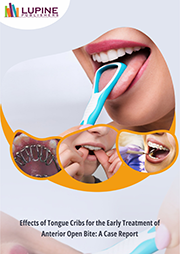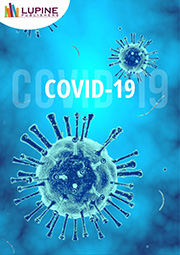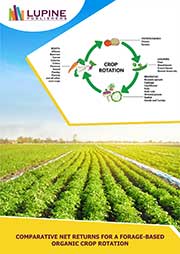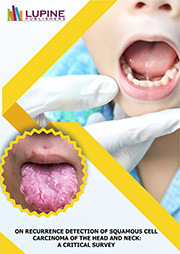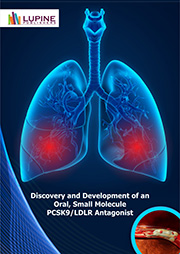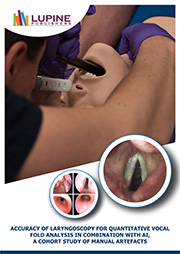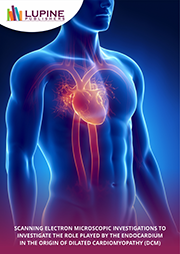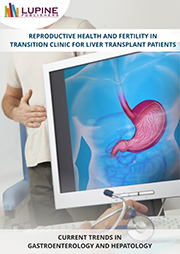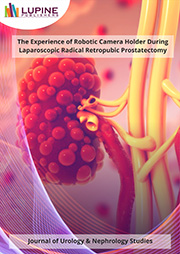Lupine Publishers Group
Lupine Publishers
e-Prints
Sleep Quality Disturbances and Blood Pressure Values
by Farsky Stefan* and Sidlo Róbert
Abstract: The aim of the study was to find out whether early blood pressure (TK) values in patients with fixed and medically treated hypertension correlated with sleep quality during the previous night, and that treatment with rilmenidine affects not only TK but also improves sleep quality by reducing sympathetic activity. In a previous study, 1216 patients with hypertension and metabolic syndrome found that up to 59% of them reported improvement in sleep during treatment with rilmenidine. We investigated 993 patients with essential hypertension who failed to reach TK target values despite 79% and 79% had abdominal obesity. Treatment with rilmenidine was added to the existing treatment. The study lasted for 3 months. At the beginning and end of the study, anthropometric and basic biochemical examinations, repeated heart rate and heart rate measurements over a 10-minute interval, and an assessment of sleep quality according to the Athens Insomnia Scale questionnaire were performed in outpatient clinics. Following the addition of rilmenidine to the treatment of hypertension, systolic pressure, diastolic pressure, pulse rate and high quality of sleep have significantly decreased (p <0.0001). Coefficients of correlation between systolic pressure and sleep quality at the start of the study were 0.08 (p <0.0226), at the end of the study, 0.14 (p <0.0001), between diastolic blood pressure and sleep quality at end of study 0, 08 (p & lt; 0.015). Coefficients of the correlation between the difference in systolic pressure values and the difference between the results of the baseline and the end of the study were 0.09 (p <0.0064). In our study, the beneficial effect of rilmenidine in the treatment of hypertense in the sense of a significant decrease in heart rate, heart rate retardation and improvement of sleep quality as assessed by a standardized questionnaire was confirmed. In addition, we found interesting connections between sleep quality and systolic and diastolic blood pressure values before and during treatment with rilmenidine. These results are in line with current literature that has shown that reduced range and reduced sleep quality adversely affect TK, hypertension, and overall cardiovascular risk in both adolescent and adult hypertensive patients
View PDF




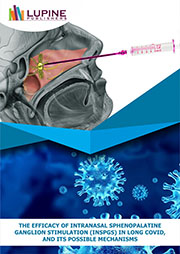
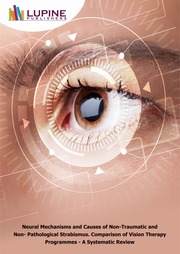
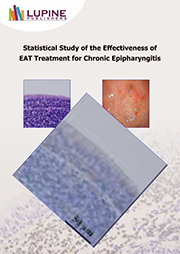
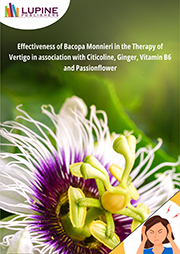

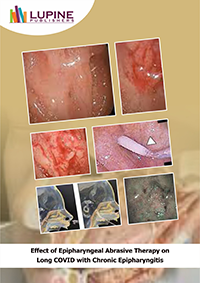
.png)
